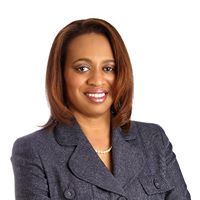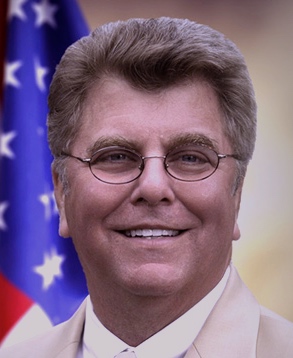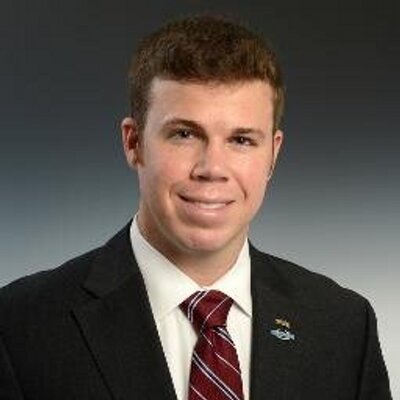Nadine Hunt-Robinson Wants to Keep Her Seat on the White Plains Council

Appointed to fill the White Plains Common Council seat left vacant when Ben Boykin left to serve on the county Board of Legislators in February 2014, Nadine Hunt-Robinson wants to work for the full balance of Boykin’s term, keeping the seat for another year.
During this year’s special election, she faces former Common Council and Republican candidate Terence Guerriere.
Guerriere lost his bid for a seat on the Council during the 2011 elections.
At the time of her appointment by a unanimous and fully Democrat Council, Hunt-Robinson was a registered member of the Independence Party. On November 4, she is running on the Democrat, Working Families and Independence party lines.
Hunt-Robinson is proud that her family is the third generation living in White Plains. She had lived in the Highlands neighborhood and now resides in the Fisher Hill section of the city.
She has a BA in Psychology from Adelphi University and a law degree from Villanova University School of Law. She has worked as an executive for Fortune 500 companies and managed major financial assets. Her work in the environmental sector has made her an expert on catastrophic events and the resulting environmental claims. She is also knowledgeable in brownfields redevelopment.
Upon her appointment to the Council earlier this year, Hunt-Robinson was named chair of the Mayor’s Youth Board. She actively promotes Science, Technology, Engineering and Math (STEM) subjects in the schools and after-school programs to enhance the education of the city’s youth. This is a way to make White Plains a tech savvy magnet for technology businesses she says.
Saying that her vision for White Plains includes strong economic growth while protecting the residents’ quality of life, Hunt-Robinson feels very strongly about protecting the city’s outer as well as inner neighborhoods.
She sees residential growth in the core and close-in neighborhoods as a key to promoting local business, especially for rebuilding the retail stores that have suffered in the White Plains downtown.
Acknowledging that one of the major challenges to brick and mortar retail stores is online shopping, Hunt-Robinson believes that more residential development in the city’s core will drive the necessary foot traffic to bring more people into the shops struggling to stay open. That would also increase the tax base, she says.
“I would like to see Post Road rival the restaurant row on Mamaroneck Avenue and residential development on the Post Road and Mamaroneck Avenue,” she explains.
Aware that development has become a contentious issue in White Plains, especially as it encroaches on the quality of life in the neighborhoods, Hunt-Robinson has outlined a specific process for making choices on which development projects may or may not be appropriate for a particular area.
I would start with the Comprehensive Plan and how that protects the neighborhoods, then look at the zoning ordinance. It is important that development remains in harmony with the environment and that the public health, welfare and safety are protected, she says.
When it comes to a specific decision on the French American School of New York (FASNY) Special permit and Site Plan application for the development of a regional school in the Gedney neighborhood, Hunt-Robinson feels it is important to keep her decision open until the final votes are cast.
On this subject, she is in direct opposition to her opponent’s position, which is to say he already has determined he would throw out the FASNY proposal.
Hunt-Robinson would also like to see proposed historic landmark preservation legislation passed in White Plains that would help preserve open spaces as well as historic sites and buildings in the city.
She does warn, however, that it is important for White Plains not to be viewed as a difficult environment for developers.
With regard to her opponent’s position that White Plains residents should be offered free parking in city-owned lots, Hunt-Robinson said she thought that was a good idea, too, until she landed on the Common Council and became aware of all the realities.
White Plains does have a program for very low-cost resident parking during the evenings and on weekends, she said. “They can purchase a permit for $75 annually.”


